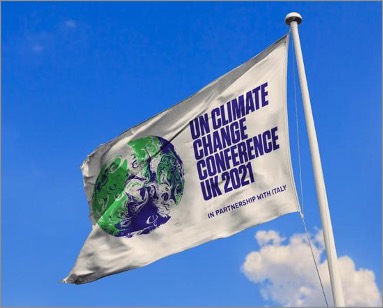Submitted by D.M. Bradley on Thu, 05/08/2021 - 15:26
As governments prepare for the COP26 climate negotiations in Glasgow, ‘Just transitions’ have gained a foothold in climate discourse, raising some thorny questions for cities and urbanisation.
A new project, funded by the British Academy, will produce a global synthesis of evidence on ‘just transitions’ for COP26, focused on energy, cities and urbanisation. The project will lead to a report focused on the inequalities and injustices that can be produced through climate mitigation and adaptation, as well as current and future responses to such challenges through policy, practice and politics.
The project will explore how competing ideas about justice shape what aspects of social and economic life need to change, and which institutions should be empowered or curtailed.
The project will also explore how the social organisation of a low carbon economy may look very similar to existing economies, which could make addressing the causes of injustice more difficult. It will examine how cities are understood in multiple ways in climate discourse: as ecological nightmares that alienate humans from nature, urban agglomerations that make efficient use of resources, or innovation hubs driving technological solutions to climate change.
The project will be undertaken by a global research team led by Dr Jon Phillips (University of Cambridge) and Professor Stefan Bouzarovski (University of Manchester), with the additional involvement of Imogen Mould (University of Durham), Dr Festus Boamah (University of Bayreuth); Dr Sara Fuller (Macquarie University); Professor Kathryn Furlong (Université de Montréal); Dr Sarah Knuth (University of Durham); Dr Harriet Thomson (University of Birmingham); and Dr Helen Wei Zheng (University of Manchester).

